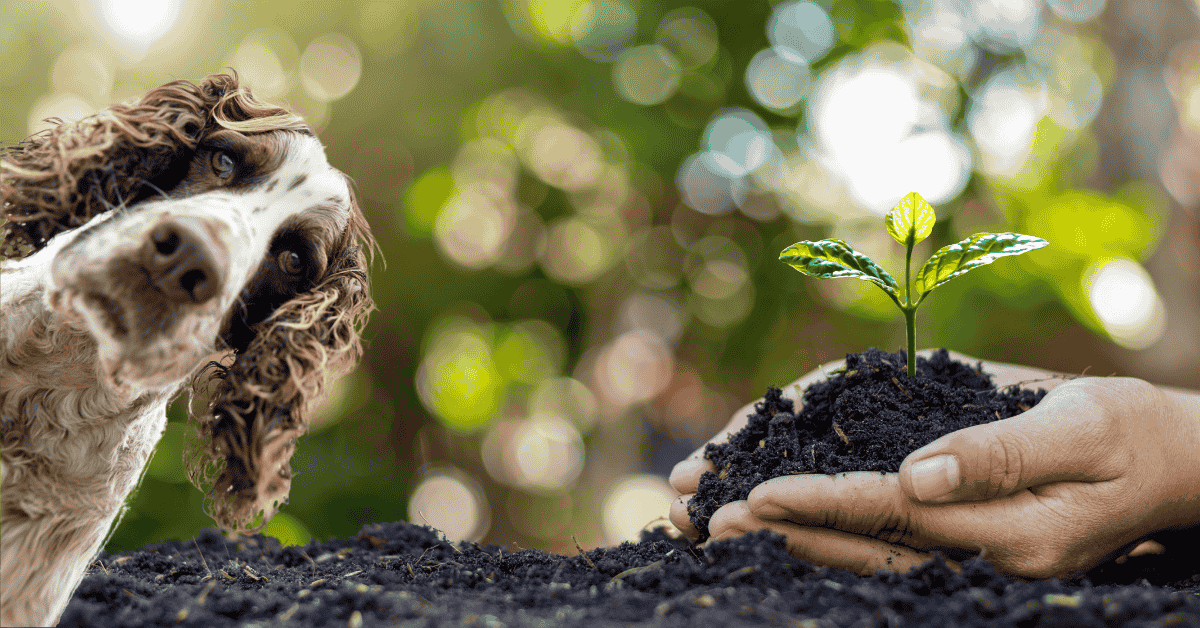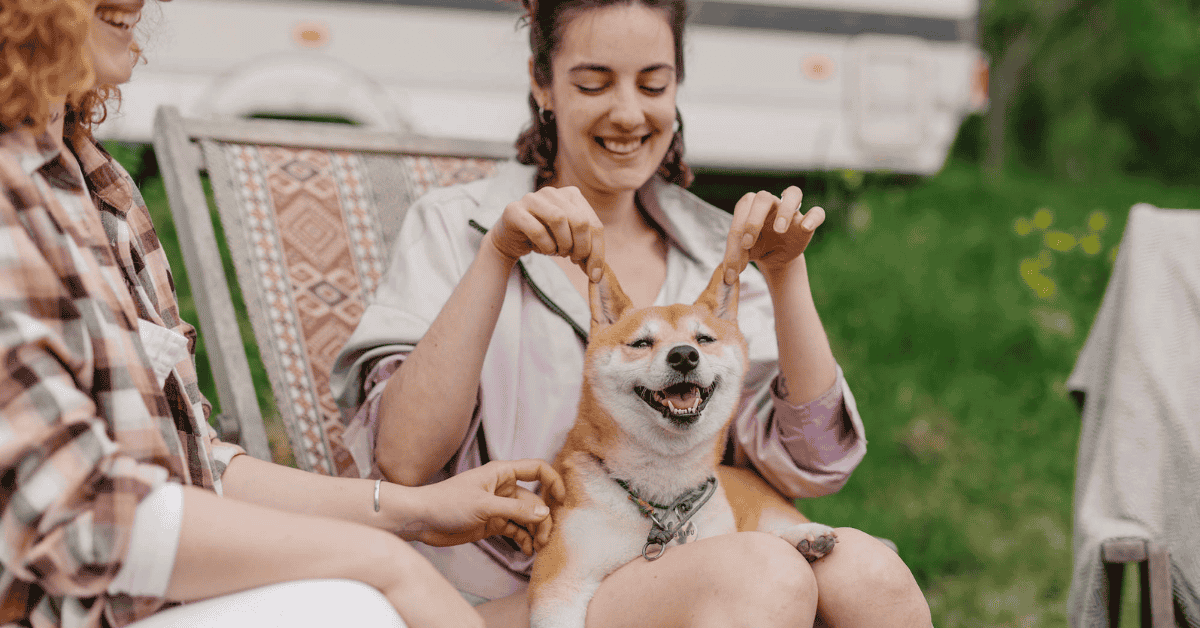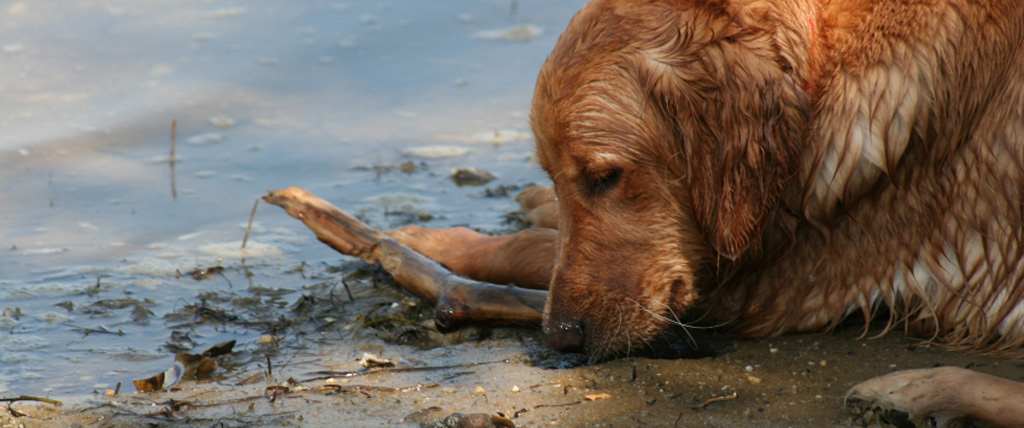Leptospirosis Basics and Prevention
Leptospirosis, often shortened to lepto, is a bacterial infection that can affect dogs, humans, and a host of other mammals. It’s transmittable by bodily fluids, with the exception of saliva. Often the cause is contaminated water. For example, if a creature infected with leptospirosis urinates in water and another animal drinks it, they can become infected. In addition to drinking contaminated water, a pet can also pick up the disease via mucus membrane or open cuts. Leptospirosis can be potentially very dangerous and even fatal, causing organ damage in dogs and other animals. This is especially true in younger creatures–including human children–with less well-developed immune systems.
Symptoms are tricky because they can be common, or “nonspecific,” and include fever, headache, swelling of the lymph nodes, vomiting, diarrhea, muscle stiffness, depressed mood, loss of appetite, shaking and a host of others. It is important to monitor your pets, as lepto can progress to organ damage and death if not caught and treated promptly. Leptospirosis can be transmitted from pets to people, so if your dog is infected, precaution must be taken in handling the animal.
An infected animal can contaminate water and other areas for months after being infected, since the bacteria reproduces in the body. Generally, the disease is more common in marshy, muddy areas and places with standing water, including farmland that is irrigated often or heavily. Dogs can pick up leptospirosis by swimming in or drinking contaminated water or playing in mud that’s been contaminated as well. The Chicago suburbs aren’t particularly marshy or filled with irrigated farmland, so in the past, lepto has not been high on the radar, and was relatively uncommon.
One of the theories as to why leptospirosis cases are increasing locally is that an animal who’s infected may urinate in the grass, and given the rain and heavy dew we’ve been having, it’s possible that a dog might pick it up that way. In addition, as more and more land is developed, more wildlife gets pushed out of their natural habitats and into the city and suburbs, increasing the number of infected animals that live in the suburbs.
Veterinarians are seeing a rise in cases, so it’s vital that you know the symptoms and depending on risk, consider vaccinating your dogs against the disease. It is also important to know that the current vaccine does not protect against all strains of leptospirosis, but is an available measure to take nevertheless, considering the possible damaging effects of the bacteria.
Do you live in the chicagoland area and are looking for a pet care specialist? Get in touch with our team today:
Other Recent Blog POsts

Celebrating Our Planet: Earth Day Considerations for Chicagoland Pet Lovers
April 22, 2025
4 Top Ways to Keep Chicagoland Dogs Fit During Canine Fitness Month
April 9, 2025
The Word “Floofin” Defined
March 27, 2025
Pet Sitters Coming Together at the 2025 NAPPS Conference
March 12, 2025
Celebrating Professional Pet Sitters Week 2025: Honoring the Heart of Floofins & Co.
February 25, 2025

